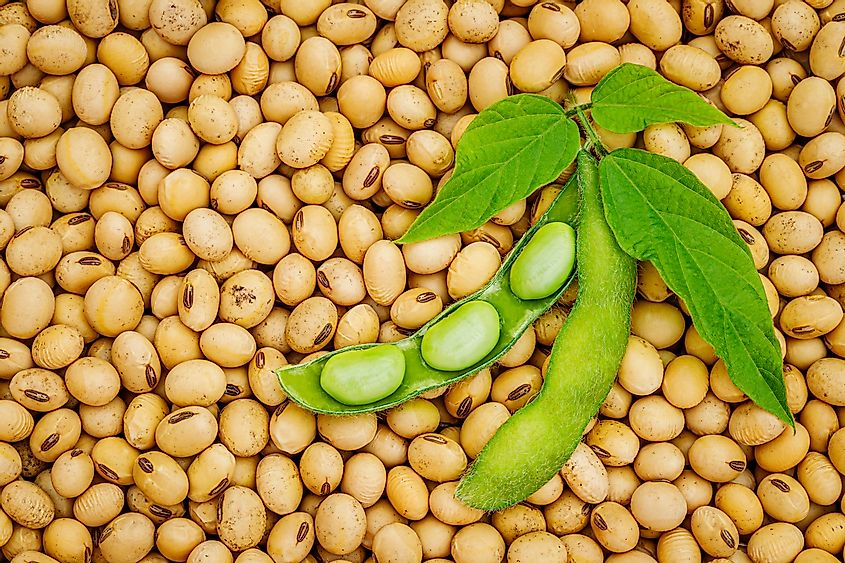RIO DE JANEIRO, BRAZIL – The Brazilian government on Friday unveiled a national plan to increase domestic fertilizer production and reduce dependence on imports, which is becoming increasingly urgent due to the war in Ukraine.
The plan, formalized by decree, includes tax incentives, loans, and other measures to encourage the opening of factories and increase mineral exploitation over the next 28 years.
Brazil, a world agribusiness powerhouse, is currently the fourth-largest fertilizer consumer globally, with potassium being the most commonly used product by Brazilian growers.

Eighty-five percent of the fertilizers used in the country are imported, while soybeans, corn, and sugarcane are the three crops that require the most fertilizer. Under the plan’s roadmap, Brazil aims to reduce dependence from 85% to 45% by 2050.
Economic sanctions against Russia and Belarus, two of Brazil’s leading fertilizer suppliers, could jeopardize sales. As a result, Jair Bolsonaro’s government has begun looking for alternatives to offset potential shortages.
On Friday, the conservative president again encouraged Congress to advance a controversial bill that would allow mining on indigenous lands, citing the urgency of doing so in the context of a war that could lead to fertilizer shortages in the country.
The president defended the proposal, assuring that it will “open spaces for the integration of indigenous brothers and sisters into society,” adding, “They (indigenous people) are almost like us and want to integrate.”
Meanwhile, Agriculture Minister Tereza Cristina will travel to Canada on Saturday to urge the country to increase its fertilizer sales to Brazil.
“It’s not about self-sufficiency, it’s about the ability to overcome challenges and maintain our greatest wealth, which is the booming and competitive agricultural industry that brings food security to Brazil and the world,” he said, adding that the plan is not just an attempt to respond to the crisis, but to solve a structural problem.
With information from AFP

